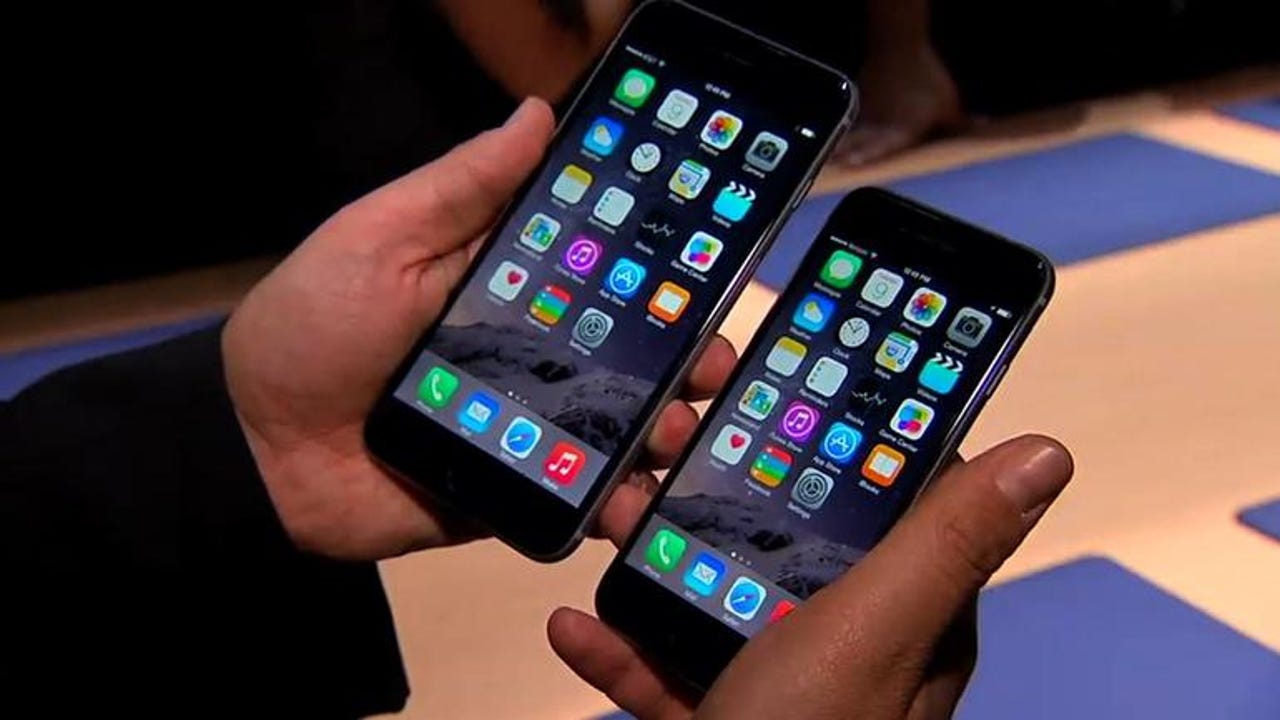Cheapskate 'Android switchers' are hurting Apple

Apple is facing a big problem.
Featured
On the one hand, Apple wants to keep sales of the iPhone buoyant, and one way to do that is to encourage Android owners to jump ship. On the other hand, the majority of Android users are a thrifty lot, so going after them risks putting a dent in revenues.
See also: Six worrying questions surrounding Apple's revenue miss
Let's wind back to Apple's Q2 16 financials. Buried in that data was a worrying fact: The iPhone ASP (average selling price, a figure you get by dividing iPhone revenue by the number of units sold during the period) took a huge hit. It nose-dived from $690 the previous quarter to $640.
What was behind this?
Well, the mathematical explanation is that people are buying cheaper iPhones, either choosing the budget models over the more pricey "Plus" models, or sticking with the base storage rather than spending extra to get more capacity.
But none of this explains why the fall in ASP happened.
And yet the reason is laid out pretty clearly in the transcript of the earnings call. During the call, Apple CEO Tim Cook said [emphasis added]:
"... we continue to see a very high level of customers switching to iPhone from Android and other operating systems. In fact, we added more switchers from Android and other platforms in the first half of this year than any other six-month period ever."
And Cook made it clear that attracting "Android switchers" is an ongoing priority for Apple:
"And it's our jobs to come up with great products that people desire, and also to continue to attract over Android switchers."
But there's a problem with Android users. They're cheapskates.
Essential Android and iPhone accessories
Now, if you're a budget Android user, please don't take that the wrong way. There's nothing wrong with choosing to spend your money wisely. But for Apple, which is a company that relies on people overspending on shiny new devices, customer cheapness is a serious problem.
How cheap are Android users?
Very.
Despite owning less than 20 percent of the smartphone market, Apple scooped up more than 90 percent of the profits, a situation that makes it almost impossible for any other company to make money selling smartphones. The Android smartphone market is far more cut-throat than the PC business ever was, and there are companies that are literally killing themselves to stay in the market just to have the hope of being one of the last standing.
Now it would make sense for Apple to cherry pick the premium Android users for switching, but the problem there is that the premium Android market is small. In 2015, some 1.2 billion bought a non-iPhone, but according to former Wall Street analyst Neil Cybart of Above Avalon, the number that "were likely in a position to even buy a flagship iPhone" was about 100 million.
"There are only so many premium Android users in the marketplace," writes Cybart, "and Apple will need to begin appealing to Android users in lower price brackets to achieve the same kind of user growth."
This means that if Apple could steal every Galaxy S7 sale from Samsung, every G5 sale from LG, and every Lumia 950 or 950XL sale from Microsoft (there aren't many to grab), then this would amount to be about 100 million units. To put this into perspective, Apple just came out of a bad quarter, a quarter where it sold over 50 million devices.
See how small that premium "switcher" market is? Beyond that, Apple has to start making headway into the mid-range and budget Android markets.
The cheapskates.
And, given that Apple has seen more "Android switchers" over the past six months, and we're already seeing the ASP taking a hit, it sort of suggests that those non-premium "switchers" are already having an effect.
Now, over the years the iPhone has shifted from being a premium product into more of a mass-market device, and owning an iPhone is now cheaper than ever. Also, Apple has made owning the latest iPhone easier by introducing its iPhone Upgrade Program. But, even with carrier or Apple financing, the iPhone is still eye-wateringly expensive compared to even a modest Android smartphone.
If your budget is $350 or under (whether that be buying the handset outright, or spread over two years with carrier financing), Apple's got nothing for you.
But if Apple wants to encourage more Android users to switch to the iPhone, this is the territory that it will have to enter. And this is going to mean two things:
- The iPhone ASP will fall, something which is likely to spook investors
- It's going to pile a whole lot of hurt on those Android hardware makers that rely on mid-range sales to bolster sales (which is pretty much all of them outside of the absolute budget makers).
Come the time that Q3 16 earnings are released in July, we should have a clearer idea of what sort of effect the iPhone SE is having on iPhone sales in general. Will it move the needle on volume, and if so, what sort of effect will that have on the ASP? If consumers think that it's too good, then that could cannibalize sales of higher-end devices (this is probably why Apple chose to make the iPhone SE look like an old iPhone - to discourage high-end iPhone owners from switching down). If it doesn't offer good enough value, then the Android switchers won't bite.
Time will tell.
Essential Android smartphones: May 2016
See also:
